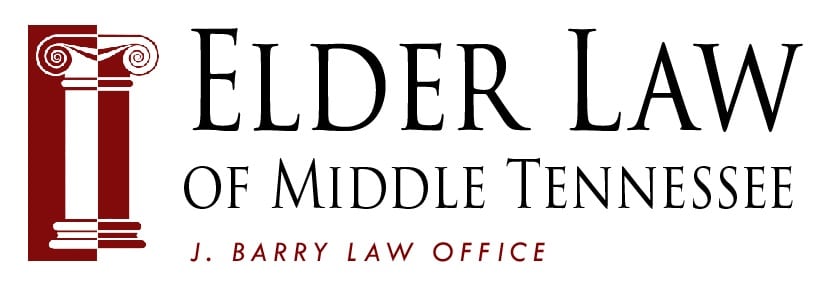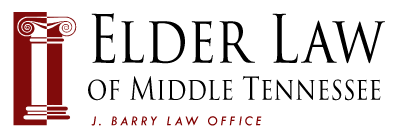
Trust Basics and Trust Creation
As the founding attorney at Elder Law of Middle Tennessee, I frequently have the opportunity to visit with clients and their families regarding whether the creation of a trust is an appropriate strategy for their individual estate and long-term care planning objectives, and so explaining some of the trust basics is an important part of this process. Hopefully, you will also find this information regarding trust basics informative. However, this brief trust basics summary is in no way designed to provide legal advice since every situation is unique and fact dependent.
A trust is a legal entity created to hold assets for the benefit of an individual or organization. The trust document is really a set of instructions uniquely created to carry out the intent of the trust creator (or grantor). The one who manages the trust assets is the trustee. Typically, a person (grantor) contacts an attorney skilled in estate planning and trust law to draft a document that describes what he or she wants to accomplish.
The grantor then executes (or signs) the documents, and a new legal entity called a trust is created. However, at this point, it is empty (no assets are inside the trust), so it must be funded.
The funding process will be discussed later.
A trust is either living or testamentary depending upon when it becomes effective: while the grantor is alive (living trust) or after the grantor dies (testamentary). Normally, a testamentary trust is set up through a provision in a living trust or their last will and testament.
Whether a trust is revocable or irrevocable is determined by the amount of ownership of trust property that is given up at the time of funding. Revocable trusts can be amended or terminated at any time, and the grantor does not give up any ownership at the time of funding. However, revocable living trusts offer no asset protection for the grantor. An irrevocable trust is a trust where the grantor gives upon some or all ownership rights, but have created an asset protection trust, possibly to be able to pass assets down generationally to their family.
Trust property is titled in the name of the trustee while referencing the trust, but it is not owned by the trustee, it is owned by the trust.
Three essential people are needed for a trust: Grantor, Trustee, and Beneficiary (each may be one or more people, but all cannot be the same person, although it is possible for a Grantor to also be a trustee, depending upon the type of trust.
The trust needs corpus or property, and the trustee or trustees must accept the real property deeds, bank and investment accounts, stocks, promissory notes, etc., (IRAs and retirement accounts are treated differently). Depending upon the type of asset, funding it into the trust is accomplished in different ways. For example, for real property, a deed is needed to move the property into the trust. For a bank account or investment account, an account can be opened up at a financial institution with the trustee being responsible for its management.
Trusts can also be classified for Internal Revenue Purposes as either grantor or non-grantor trusts. Each of these tax classification statuses have implications, but it is important to remember one type or another may be necessary to accomplish the grantor’s intent. This is why it is important to work with an experienced estate planning attorney well versed in trust law.
Additionally, the trust may be administered either by an individual (perhaps a family member), or a paid trust company. The size, type, and goals of the trust often dictate whether the trustee is the grantor, family member, other individual, or corporate entity.
This is just a brief overview on trust basics, but each family situation is unique, and you should contact an estate planning attorney familiar with trust law to create an estate plan for your unique needs. Please contact our office to experience the planning different an Elder Law team can bring to your situation.
If you live in Tennessee, I would be happy to assist you with your legal planning needs – just call our office to set up a consultation. If you live outside of Tennessee, please contact an Elder Law attorney in your state to obtain the legal advice you need.
Thank you for your interest in this subject.
Elder Law of Middle Tennessee
615-444-3568
